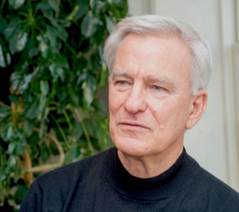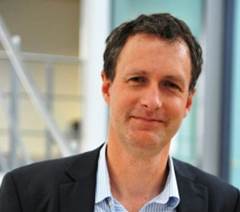Opportunities and Limits of Experimental Social Science
May 2016
Professor David Stark |
|
Professor Nick Chater |
 |
 |
|
‘Disrupting the Smooth Flow to Calamity:How Ethnic Diversity Deflates Price Bubbles’ |
|
'Intuition, Experimentation, or Randomized
|
|
Abstract |
|
Abstract |
|
|
|
|
|
Professor David Stark is the Arthur Lehman Professor of Sociology at Columbia University and Professor of Social Science at the University of Warwick. His book, The Sense of Dissonance: Accounts of Worth in Economic Life (Princeton University Press 2011) is an ethnographic account of how organizations and their members search for what is valuable. ‘Game Changer: The Topology of Creativity,’ a recent article on cognitive diversity and network social structures, appears in the January 2015 issue of American Journal of Sociology (AJS). Other articles on economic sociology appear in AJS (2006 and 2010) and the American Sociological Review (2012). Stark is the co-editor of Moments of Valuation: Exploring Sites of Dissonance (Oxford 2015). Among other awards, he is the recipient of a Guggenheim Fellowship (2002) and an Honorary Doctorate from the Ecole normale superieure de Cachan (2013). CV, publications, papers, course materials, ‘silent lectures,’ and other presentations.
|
|
Professor Nick Chater is Professor of Behavioural Science at Warwick Business School. He joined Warwick Business School in 2010, after holding chairs in psychology at Warwick and UCL. He is particularly interested in the cognitive and social foundations of rationality and language. He has over 200 publications, has won four national awards for psychological research, and has served as Associate Editor for the journals Cognitive Science, Psychological Review, Psychological Science and Management Science. He was elected a Fellow of the Cognitive Science Society in 2010 and a Fellow of the British Academy in 2012. Nick is co-founder of the research consultancy Decision Technology; is on the advisory board of the Cabinet Office's Behavioural Insight Team (BIT), popularly known as the 'Nudge Unit;' and is a member of the Committee for Climate Change.
|
Chair: Professor Celia LuryCentre for Interdisciplinary Methodologies, University of Warwick |
||
